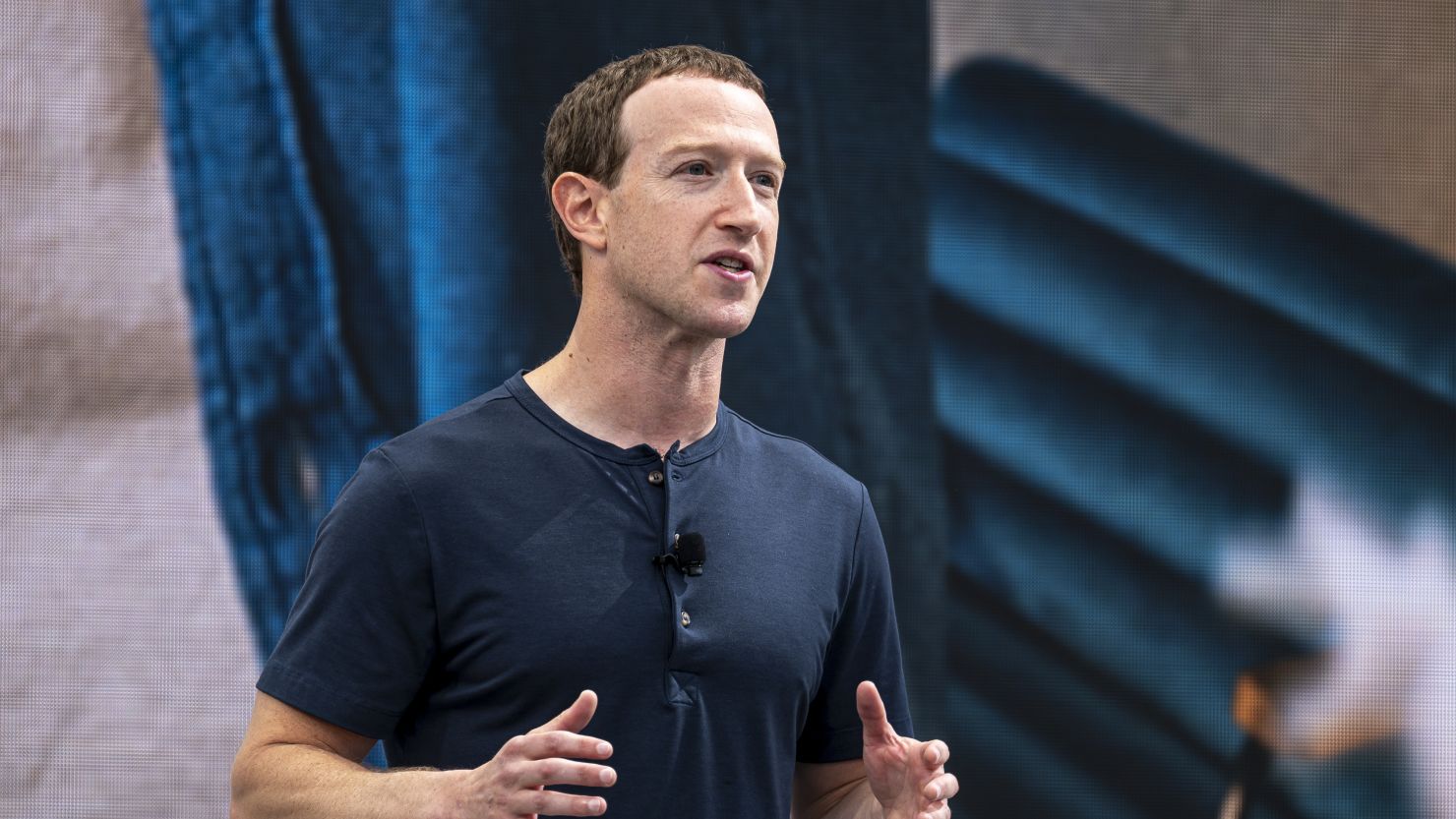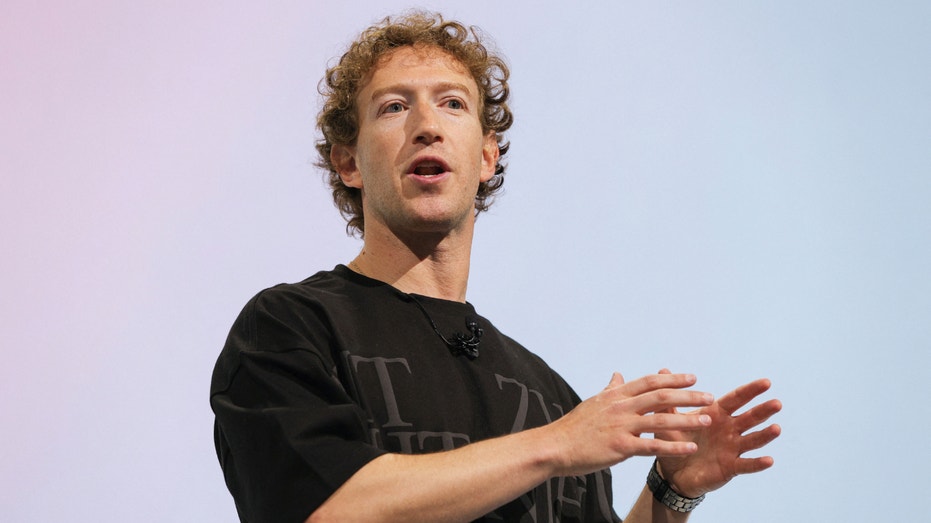
Meta CEO Mark Zuckerberg has sparked controversy after the company reportedly removed transgender and nonbinary themes from its Messenger platform. The move has drawn criticism from LGBTQ+ advocacy groups and users who accuse Meta of sidelining inclusivity in favor of corporate priorities.
The themes, which allowed users to customize their chat backgrounds with colors and designs representing transgender and nonbinary pride, were quietly removed in a recent update. The feature had been introduced as part of Meta’s broader push for diversity and inclusion, aimed at fostering a welcoming environment for users across the gender spectrum.
While Meta has not provided a detailed explanation for the decision, sources within the company suggest that the removal is part of a larger effort to streamline the platform and focus on features with the highest engagement. However, critics argue that such actions send a damaging message to marginalized communities.
Prominent LGBTQ+ rights organizations have condemned the change. Sarah Evans, a spokesperson for Equality Now, stated, "Removing these themes is a step backward. Representation matters, especially on platforms as influential as Meta's. This decision undermines years of progress in creating safe spaces for transgender and nonbinary individuals."

Social media platforms quickly became a battleground as users expressed their frustrations. Many took to Twitter and Instagram to voice their disappointment, with hashtags like #MetaErasesPride and #InclusivityMatters trending within hours.
Some users accused Zuckerberg and Meta of caving to political pressure, while others criticized the company for prioritizing profits over people.
In response to the backlash, Zuckerberg addressed the issue during a Q&A session, emphasizing Meta’s commitment to inclusivity. "We are constantly evolving our platform to meet user needs.
While we’ve retired certain themes, our dedication to supporting diverse communities remains unwavering," he said. However, his comments failed to assuage critics, who argue that actions speak louder than words.
The controversy also reignites debates about the role of major tech companies in shaping cultural norms. With billions of users worldwide, platforms like Meta wield immense influence over public discourse and social representation. Decisions that appear to diminish visibility for marginalized groups can have far-reaching implications.

Tech industry analysts suggest that the removal may be linked to Meta’s recent struggles. Facing declining ad revenue, increased competition, and regulatory scrutiny, the company is reportedly under pressure to optimize resources.
Some speculate that initiatives deemed less profitable or impactful on user growth are being deprioritized.
However, the financial reasoning does little to appease critics. "Inclusivity isn’t just a nice-to-have—it’s essential for building trust with users," said digital marketing expert Rachel Lin. "By removing these themes, Meta risks alienating a significant portion of its audience."
Despite the uproar, supporters of Meta’s decision argue that the company has a right to manage its platform as it sees fit. Some have defended the move as a practical adjustment to improve user experience and focus on features with broader appeal.
As the debate continues, advocacy groups are calling on Meta to reinstate the themes and expand efforts to support transgender and nonbinary users. Suggestions include introducing more inclusive tools, providing funding for LGBTQ+ initiatives, and engaging directly with affected communities to better understand their needs.

For now, the removal of transgender and nonbinary themes from Messenger has left many questioning the company’s commitment to inclusivity. The decision serves as a reminder of the challenges tech giants face in balancing business goals with social responsibility, especially in an increasingly polarized world.
Whether Meta will reconsider its stance remains uncertain, but the controversy underscores the growing expectation for corporations to lead by example in fostering diversity and inclusion. For the affected communities, the fight for representation on platforms like Meta continues, fueled by the belief that every user deserves to feel seen and supported.
-1742829481-q80.webp)
-1742897056-q80.webp)

